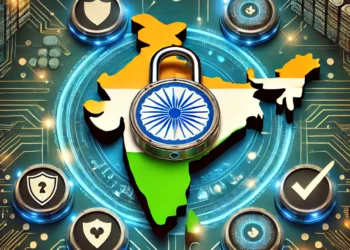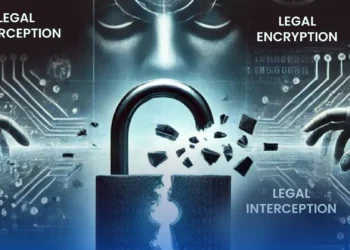Introduction
Do you remember anyone raising privacy concerns in the past when the telephone directory used to get printed and circulated with the contact details of all subscribers (name, addresses etc). Similar practice if followed now will lead to a public outcry. Why? The reason is simple, as digital connectivity (especially mobile phones) has become a new norm of contacting people, quite unlike the past, when folks used to connect in person. Digital connectivity is extremely efficient (easy & cost effective), especially for the businesses to reach out to their consumers, and for the state for monitoring its citizens. Hence, it is open for misuse. How? a) Disturbance by commercial entities selling products and services; b) Illegal surveillance by state (with an intent to perpetuate power) of those dissenting or opposing; c) Identity theft leading to possible frauds by impostors. Therefore, it important to create laws aimed at mitigating the above risks.
Privacy Laws
These laws are aimed to increase the leverage of the citizens who get dwarfed when they are pitted against the state and the commercial entities. This is due to the fact that access to digital connectivity is managed and maintained by commercial entities under the supervision of the state. Also, the behavior of the other commercial entities accessing digital networks cannot be controlled in absence of proper laws. The Facebook-Cambridge Analytica is a case in point. Though Facebook might have shared its data to Cambridge Analytica via a legal commercial contract, but the justness/fairness of such contract cannot be determined in absence of clear laws.






